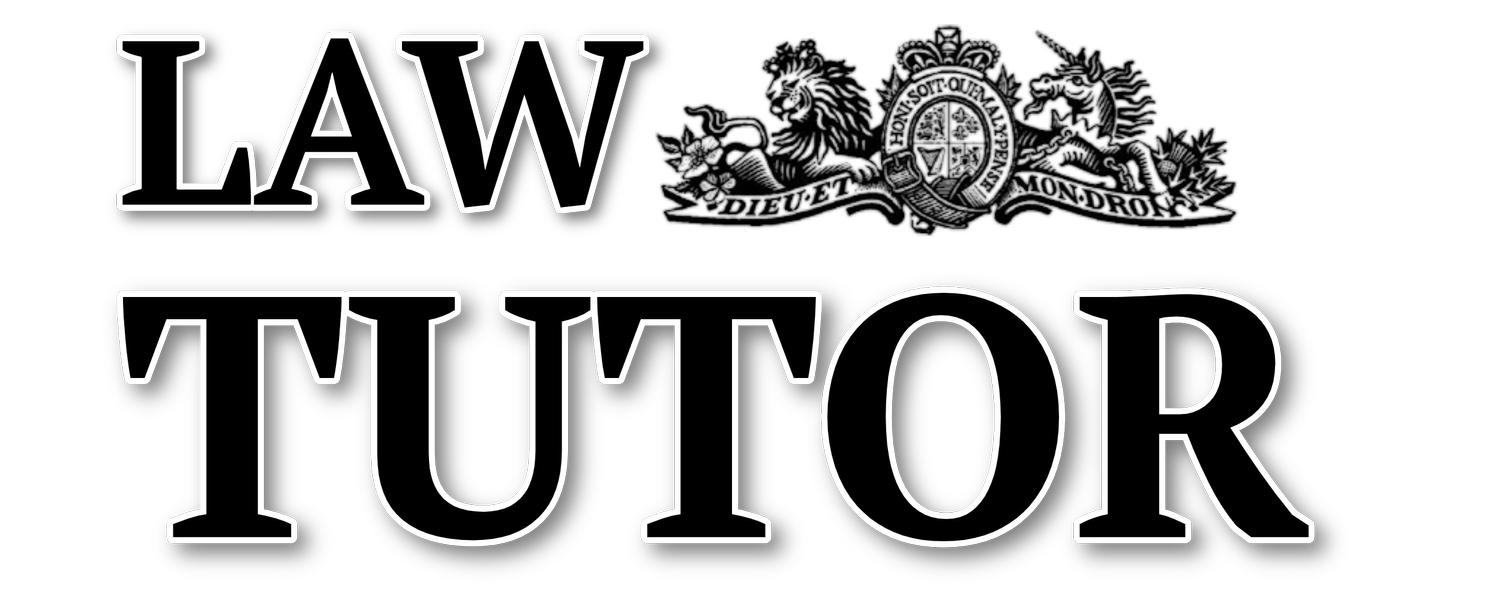Precedent
Precedent MEANING
According to the doctrine of precedent, a court is bound by the judgements of a court above it and, in most cases, by a court of comparable stature. Superior courts have the authority to overturn judgements made by subordinate courts and, in certain instances, their own rulings. stare decisis describes the idea of precedent (a Latin phrase with the literal meaning of "to stand in the-things-that-have-been-decided"). In common-law nations, case law is the collection of judgements of adjudicatory tribunals or other precedent-setting judgements.
Objectives of Precedent
The objectives of a precedent are seemingly simple yet critical to the functioning of a stable legal system. At the core, the purpose of a legal precedent is to provide consistency, predictability, and structure to the law. This stability allows for a level of trust and faith in the justice system, easing the potential for social unrest. Additionally, a precedent serves as a guide to future decision-making, ensuring that cases with similar facts are evaluated similarly, promoting fairness and impartiality in the legal system. The precedents also help protect individual liberties by ensuring that decisions remain grounded in principles consistent with the community's expectations while providing legal practitioners with a framework to evaluate analogous cases and prepare for litigation. Ultimately, a legal precedent's role is not only to resolve the case at hand but also to support the underlying principles of the legal system and maintain an ordered society.
Rationale of Precedent
The concept of separation of powers is heavily ingrained in the legal system, and it informs the principles of judicial decision making. Doctrine of Precedent is one such principle that has developed, and it is binding on courts. The rationale behind this is the need for consistency and certainty, and the requirement that legal rulings must be consistent with earlier decisions. This mechanism ensures that judges are making informed and consistent decisions, rather than arbitrary ones. However, when social and economic conditions change and justice is no longer feasible, it is necessary to have mechanisms in place to alter previous decisions. In this context, precedent acts as a protective shield against judicial arbitrariness and ensures that legal rulings are consistent over time.
Doctrine of Precedent and Modification
The precedent concept is an integral part of the common law system, which requires judges to base legal decisions on previous rulings. For the precedent theory to work effectively, it must be reliable. The reliability requires legal decisions be well-reasoned and logically justified to ensure consistency in the application of the law. However, an inflexible adherence to precedent may lead to unjust outcomes, and therefore, there must be room for correct evolution of the law. This means, in certain circumstances, modifications can be made as per the changing times, but they must not undermine fundamental legal principles. To maintain a balance between the two, judges should exercise their discretion not only based on precedents, but also on the legal principles, justice, equity and compelling reasons.
LAW BOOKS
Our books are a must-have for every law student pursuing an LLB, SQE, CILEX, PGDL, GDL, or UOL degree. Law Tutor's comprehensive collections of legal books, the Core Series and Q&A Series, are written by a former law professor and barrister, and are used not just for the LLB but also for the SQE assessment specification, the CILEX qualification framework, and the University of London's LLB curriculum. You have uncovered the Holy Grail of law books.


